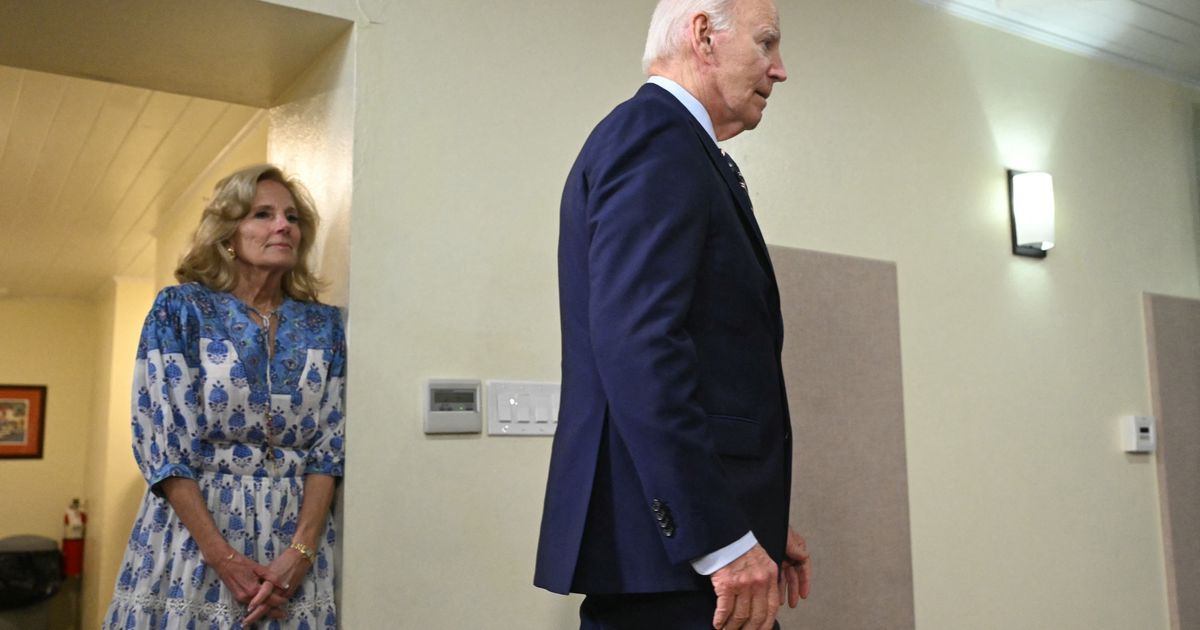Summary
President Joe Biden leaves office with a legacy of leading the U.S. out of the COVID-19 pandemic, advancing infrastructure, semiconductor manufacturing, clean energy, and rallying global support for Ukraine.
However, since live television’s rise more than half a century ago, the skills needed to run for president have diverged from those required to govern.
This led many voters to doubt his capability despite his achievements, forcing him to withdraw from the 2024 race.
Meanwhile, voters have been less critical of Donald Trump’s age, overlooking unpopular policies like tariffs that hurt farmers and manufacturing.
Many Republicans and independent voters accepted Trump’s false claims about the 2020 election being stolen and justified the January 6 Capitol attack, enabling his return to office.



By defending them, you are giving the voters carte blanche to do whatever.
What? I’ve only seen the opposite. The non-voters are doubling down and refusing any shred of blame. They’re blaming everyone else.
Yes there is blame on both sides, but we’re not in a message board with Democratic leadership, we’re here with the voters. Laying the blame on Democrats doesn’t actually present them with that criticism, it just absolves the non-voters (who very much are not acknowledging their share of the blame).
Letters to your representatives, or protests at their events, are productive venues for levying your criticism at them. I would never recommend blaming the voters at those venues, because that might make the representatives feel absolved of blame.
Likewise, forums and message boards of voters are not a productive venue to lay blame on the DNC, since that absolves the voters of their share of blame. Now if you want to acknowledge the fault of non-voters, while encouraging them, actively, to contact their representatives with their criticisms, that’s fine. But just shouting the flaws of the DNC, on a platform the DNC leadership is not using, is counterproductive.
If most of the population blames them, they will know about it. It’s a lot more productive to get that kind of energy going then blaming voters 4 years before the next election.
Also, voters do have carte blanche, that’s literally an integral part of voting. It’s up to political parties to not force their hands by building a dead baby machine in the middle east (again).
I also think the amount of protesters and letters to congress diminishes rapidly if everyone gets convinced it wasn’t the dems fault.
I understand your point and I agree with it for the most part, I just don’t think it’s a productive position to hold in the current context.
I think it’s the only productive position. Suit your message to your goal, and your audience. You said the non-voters already know they fucked up, which is diametrically opposed to all the evidence I see. They’re putting all the blame on Dems, ignoring the fact of the greater evil, and comforting themselves that they themselves are virtuous and blameless because they refused to vote for genocide.
I’m not seeing an active call to actually direct that criticism at the Dems themselves, it’s just a virtue-signal circle jerk.
Again, I’m all for directing criticism directly toward the people at fault. Both the non-voters and Democratic leadership are at fault here. I will direct my criticism of Democrats to the Democrats, and my criticism of non-voters to non-voters. I won’t let either of them shirk their share of the responsibility by criticizing the one to the other, that way encourages complacency.